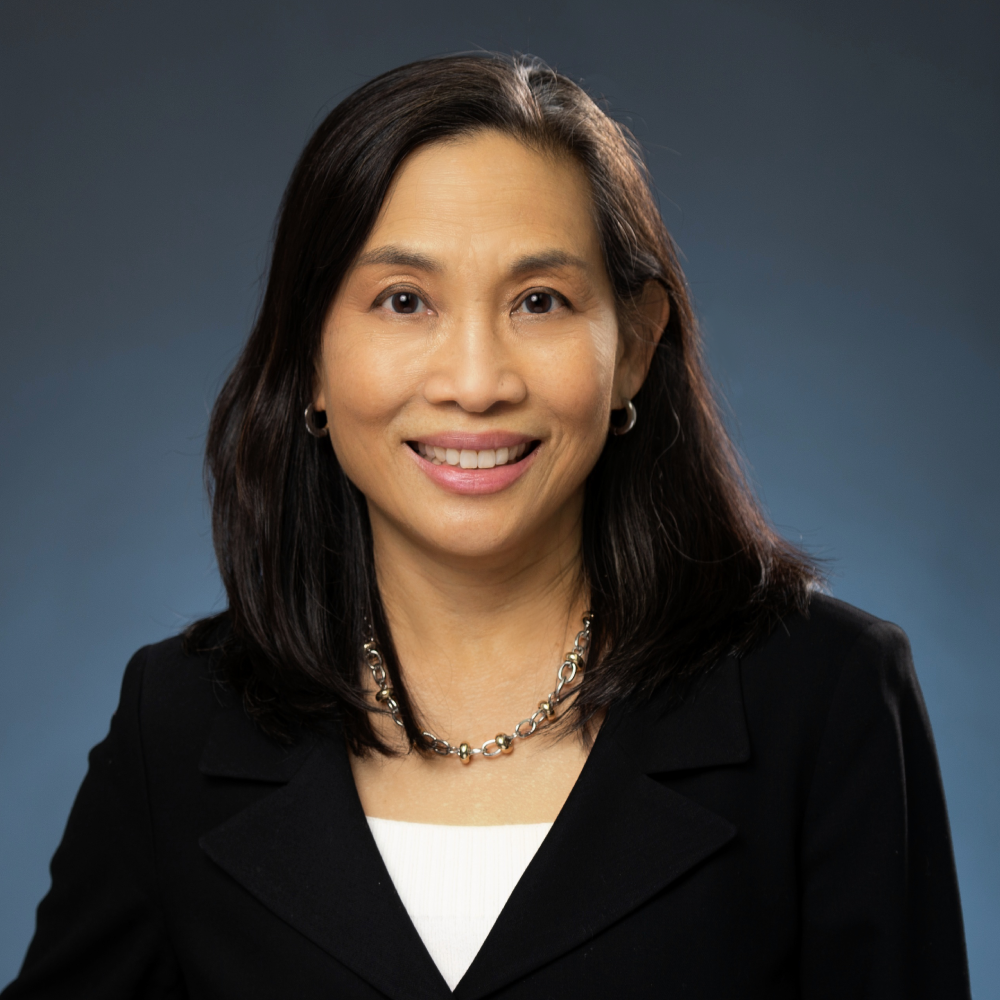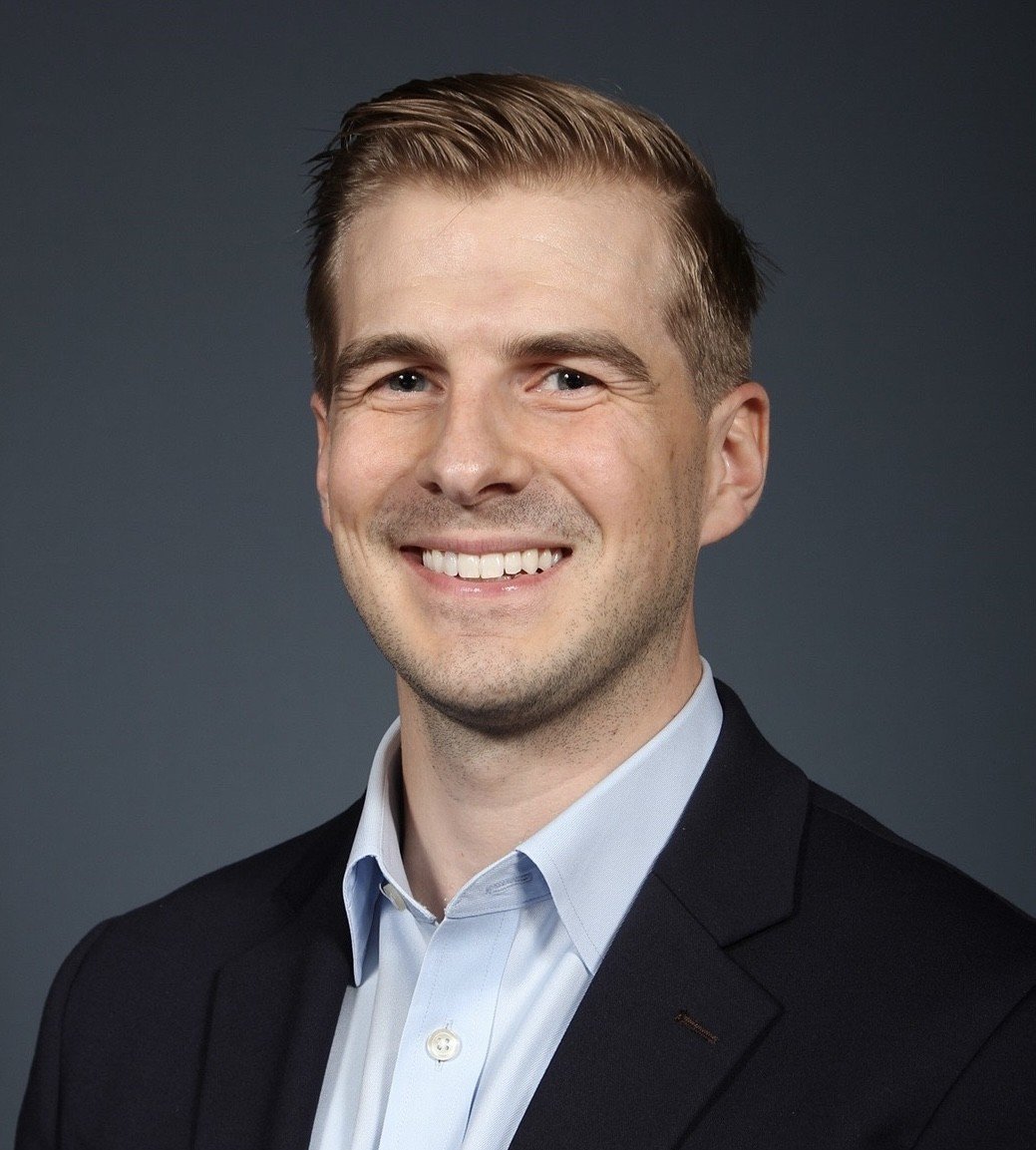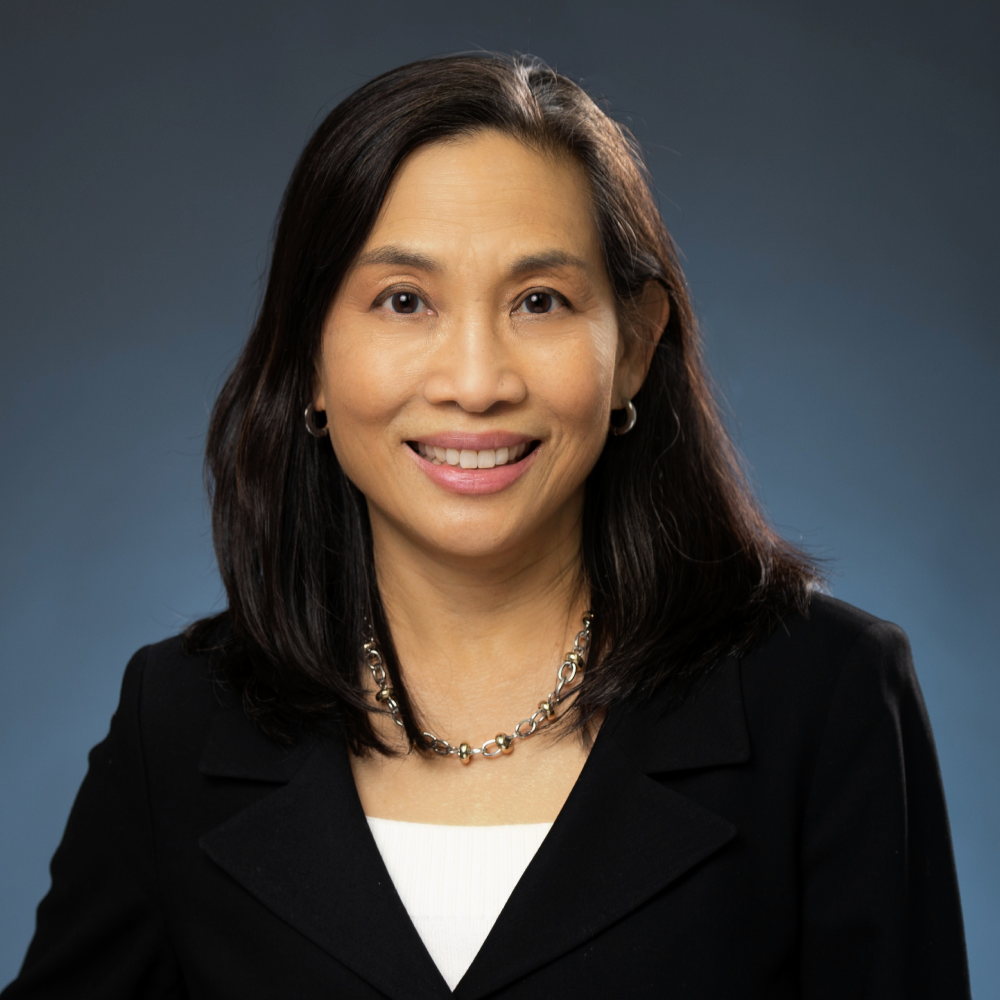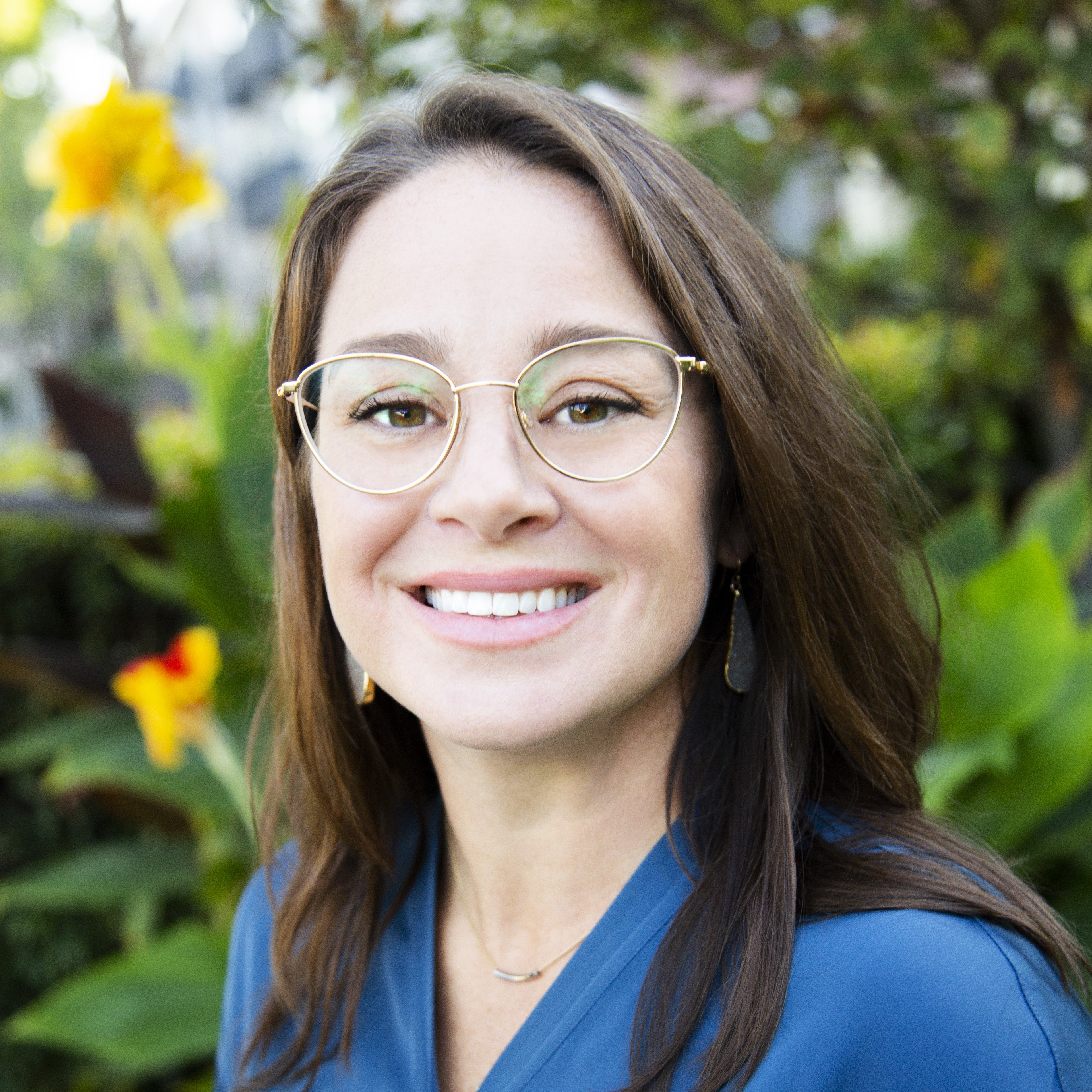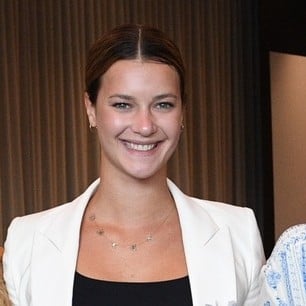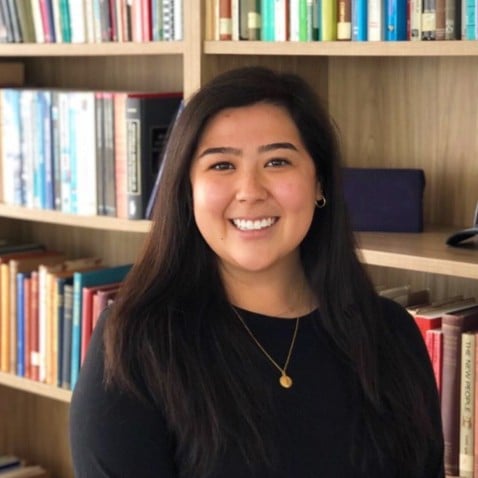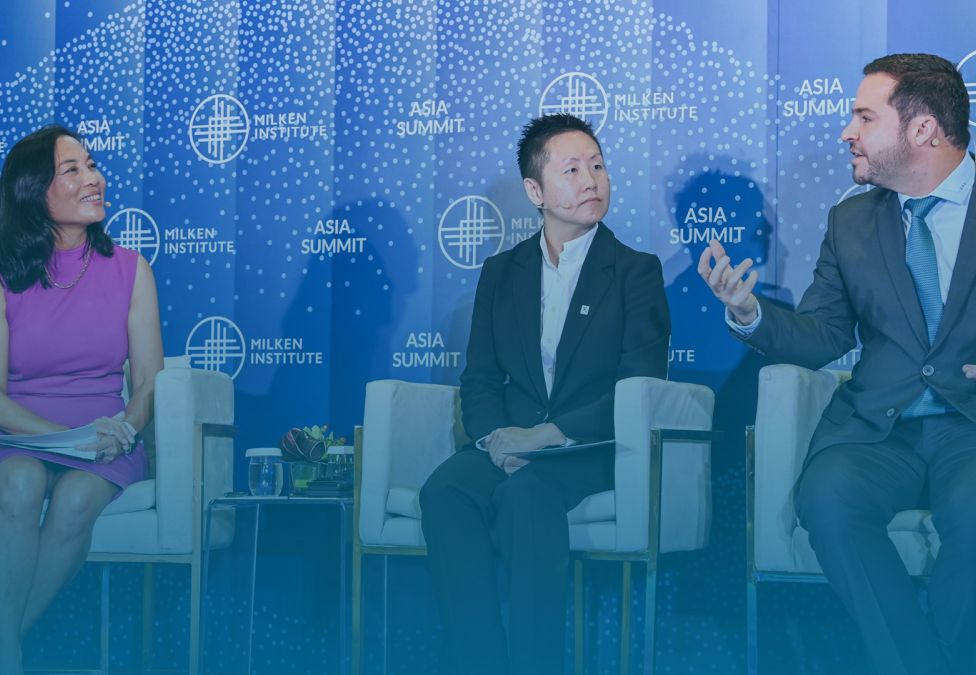
In This Edition
2024 Milken Institute Asia Summit
Longevity Cities Report Spotlight
New Team Member
Thought Leadership
External Events
Comment Letter
Podcast
Media Highlights
Articles and Op-Eds
From Our Advisory Board
Message from the Managing Director
As we head into fall and embrace a new season of change, we’re reflecting on the impactful conversations from the 11th annual Milken Institute Asia Summit, held in Singapore on September 18–20, where global leaders gathered under the theme “Impactful Ideas: Purposeful Action.” With experts from around the globe, I facilitated three discussions exploring women’s health and aging, investment opportunities in the rapidly growing longevity market, and the evolving landscape of senior living and care in the Asia-Pacific region.
We are proud to feature a new report, published in July, on Longevity Cities, which provides a concise blueprint for a future where cities prioritize health and longevity on a global scale. In addition, we’re excited to announce the addition of Dawn Carpenter, director of Financial Longevity, to our team. Her expertise will strengthen our role in advancing financial longevity preparedness for all.
Looking ahead, we’re preparing for the Milken Institute Future of Health Summit, which will be held November 13–14 in Washington, DC. We look forward to sharing details of the event soon. We would also like to extend gratitude to our Advisory Board, Alliance to Improve Dementia Care, partners, and advocates, who are dedicated to advancing priorities in the aging space. Stay tuned for more updates!
Sincerely,
Diane Ty
Managing Director, Future of Aging
Milken Institute
2024 Milken Institute Asia Summit
Bringing together government officials and influential leaders in business, finance, health, technology, and philanthropy, the 11th annual Asia Summit program explored untapped opportunities to improve health and well-being, engender sustainable practices, enhance competitiveness, and activate more impactful investments for people and the planet. The Future of Aging convened two panels and a private dinner conversation detailed below.
From Lifespan to Healthspan: The New Frontier of Investment in Aging and Longevity
Longevity is a rapidly growing investment category, with the global longevity market projected to reach $600 billion by 2025. Excitement has been driven by advances in medicine and technology and a growing body of research into the biology of aging. Breakthroughs are motivating a focus on healthspan and preventive care, to help make sure our additional years are vibrant and more active. Longer, healthier lives mean that older adults can continue their positive engagement and influence in society as valued employees, lifelong learners, and vital volunteers and care providers for all generations. The panel explored the opportunities for investing in longevity, the economic benefits of doing so, and the latest advancements designed to optimize physical, emotional, and financial well-being as we age.
Left to right: Diane Ty, managing director, Milken Institute Future of Aging (moderator); Alexandra Bause, co-founder and venture partner, Apollo Health Ventures; Chinta Bhagat, managing partner, Aries Holdings; Michael Clinton, CEO and founder, ROAR forward LLC; and Craig McGee, co-founder, Chi Longevity.
Aging in Asia: The Many Faces of Senior Living and Care and How to Afford It
By 2050, one in four adults in the Asia Pacific region will be aged 60 or older. These nearly 1.3 billion individuals and their families will drive demand for senior housing, long-term care, and retirement planning services. Leading innovators across the region and the globe have developed senior living and care solutions not just as a way to provide care—from activities of daily living to dementia care—but also for long-term financial security in support of lifestyles in which older adults thrive. These offerings represent an array of financial services solutions and business models, from life insurance that sells upgrades to policies through real estate and member models to rental models. During the conversation, company leaders spoke about how they work in the region to address retirement and care planning, adopting technology, and integrating elder care with local health-care systems.
Left to right: Nathaniel Farouz, managing director, senior, Keppel and Sindora Living; Yuke Wang, general manager, elderly care, Ping An Life, Ping An Insurance (Group) Company of China Ltd.; Karen Ngui, managing director and head, DBS Foundation and DBS Group Strategic Marketing and Communications; Diane Ty (moderator); and Janice Chia, founder and managing director, Ageing Asia, Singapore.
Private Dinner Hosted by Mary Ann Tsao
The night before the Summit, Mary Ann Tsao, chairwoman of the Tsao Foundation, hosted a private dinner where Diane Ty moderated a discussion on women’s health and aging, with Sheila Lirio Marcelo, co-founder and CEO of Ohai.ai. As of 2020, according to a McKinsey study, only 1 percent of investments in health-care research and innovation were aimed at female-specific conditions beyond oncology. This is one of several reasons for the persistent women’s health gap, with women spending 25 percent of their lives in poorer health than men, even though women live five years longer. What’s more, women take on the lion’s share of family caregiving responsibilities, which can impact their health as well as their financial security because of lapses in employment. As Asia-Pacific ages, more women will become caregivers, sometimes caring for both aging loved ones and children at the same time, with potentially adverse effects on caregivers’ well-being both at home and at work. The conversation focused on needed innovations, from policy changes to employer support to preventive care, as attention is increasingly paid to the health and livelihoods of women.
Left to right: Sheila Lirio Marcelo, Mary Ann Tsao, and Diane Ty.
Longevity Cities Report Spotlight
In a new report published in July, authors presented the case for Longevity Cities to tackle the challenges of global population aging. The Milken Institute Future of Aging, alongside Upali Nanda, PhD, and Harris Eyre, MD, PhD, introduced a five-pillar framework, which urges action to optimize environmental exposures, promote brain health, enhance urban livability, leverage emerging technologies, and prioritize equity. The authors stress the intricate link among climate change, health, and longevity, emphasizing the need for innovative cross-sector solutions. The framework underscores the economic impact of brain health, the role of technology in personalized health care, and the significance of community engagement. The call for Longevity Cities extends beyond policy to include cultural richness, community involvement, and innovative financing models. Shaping Environments to Shape Us: The Case for Longevity Cities provides a concise blueprint for a future where cities prioritize health and longevity on a global scale.
Longevity.Technology spotlighted the Shaping Environments to Shape Us: The Case for Longevity Cities report and a 2024 Milken Institute Global Conference panel, “Longevity Lab: Can You Live to 100?” The article outlines the case for Longevity Cities as pivotal platforms where health, environment, and social factors converge to foster longer, healthier lives.
New Team Member
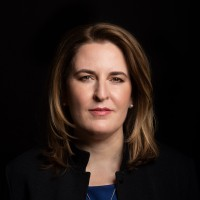
The Milken Institute Future of Aging is pleased to announce Dawn M. Carpenter, DLS, a new team member as director, Financial Longevity. Carpenter is a distinguished ethicist, financial advisor, and educator with a deep commitment to business ethics and social purpose corporations, particularly focusing on the welfare of the marginalized and working poor. She has extensive experience in financial advisory and advocacy, economics storytelling, and financial and business ethics education. Carpenter has held leadership positions at Georgetown University, City First Bank of DC, and JPMorgan Chase & Co., among others, where she was responsible for strategic financial initiatives, mentoring, and community development. Her professional experience spans more than two decades and includes roles in investment banking, asset management, corporate governance, and financial services. Carpenter is also an award-winning podcast host and an accomplished author and speaker, contributing to various publications and presenting at conferences on topics related to work, wealth, and social economy. She holds a doctorate in liberal studies from Georgetown University in addition to graduate degrees in political science, finance, and theology. Carpenter is actively involved in several professional associations and is an advisor to the Vatican on solidarity economy issues.
Thought Leadership
This section showcases articles, media highlights, and more, featuring Future of Aging leaders as speakers, authors, or expert interviewees.
June 21: Diane Ty spoke in a one-on-one conversation with Claire Casey, president of the AARP Foundation, at the Blooming Day Conference. They discussed the need to address the connection between health and wealth "spirals," given the extensive body of research examining the relationship between income and health. They also addressed the impact of medical debt—including carrying it, anticipating it, or avoiding it—which not only causes economic stress but can negatively impact health when people make decisions to delay health-care services or forego them altogether.
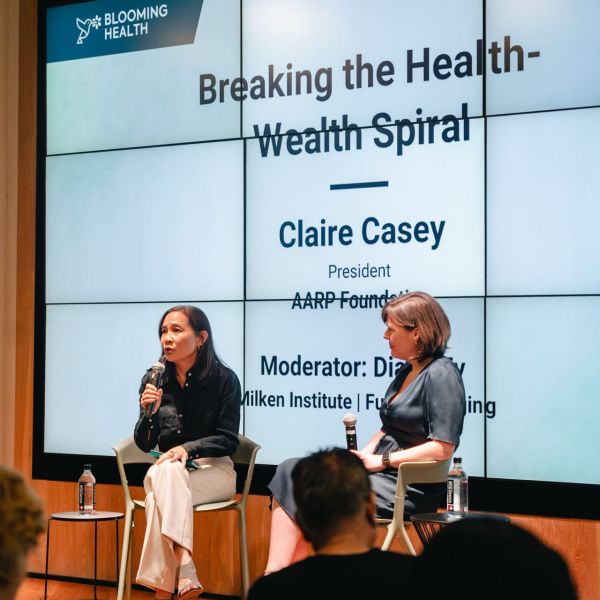
Ty and Casey at the Blooming Day Conference.
September 17: Lauren Dunning, director, Milken Institute Future of Aging, spoke on a panel for Telehealth Awareness Week hosted by the American Telemedicine Association. The focus was “Digital Literacy and Technology Access for Older Adults.” The discussion explored the various ways in which organizations and communities are working to close the digital divide so that older adults can feel empowered to live more connected, independent, and satisfying lives.
September 19: Ty spoke at the Caregiving Moonshots event hosted by NBC News Anchor Richard Lui adjacent to the Asia Summit. The high-tea event brought together local leaders representing business, academia, the media, and the community to contribute new ideas to support the “joy despite difficulty” of family caregiving.
September 9: Ty, Dunning, and Priyanka Shah, associate director, submitted a comment letter on behalf of the Milken Institute Future of Aging to the Administration for Community Living and the Interagency Coordinating Committee on Healthy Aging and Age-Friendly Communities. The writers commended the organizations’ efforts to develop a new Strategic Framework for a National Plan on Aging and offered constructive feedback to strengthen the Framework further.
August 12: In a Momentum Discussion podcast episode, "Addressing Brain Health in Asian American Communities," Ty discussed the unique challenges and cultural factors affecting brain health within Asian American communities. She emphasized the importance of tailored brain health initiatives and resources to improve awareness and support, and highlighted the need for collaboration among health-care providers and community organizations.
August 25: In an episode of the Aging Well Podcast, Jeff Armstrong discussed the Milken Institute's report, Transcending Age-Based Divides: The Case for Scaling Intergenerational Solutions, with Dunning and Eunice Lin Nichols, co-CEO of CoGenerate and a Future of Aging Advisory Board member. They examined how intergenerational connections can positively impact work, health, education, and communities, offering insight into programs and technologies that help bridge generational gaps and foster social engagement.
August 6: In “US Finally Has a Plan on Aging. Will We Use It?", Paul Irving, senior advisor, Milken Institute Future of Aging, praised the new Strategic Framework for a National Plan on Aging as "a terrific and important document," but cautioned that the degree to which a plan can be developed and implemented will largely depend on the administration and Congress.
August 9: “Dementia: A Diagnosis Too Often Delayed” includes Ty's perspective on her own family history and the significant issue of delayed dementia diagnoses. She advocates more timely and accurate diagnoses to ensure that individuals receive early intervention and better care management. Her insights echo the crucial need for improved diagnostic tools and practices and greater awareness to address dementia early.
August 21: In a Los Angeles Times article, Dunning spoke to author Debra Netburn about the benefits of connecting with people of different generations and how these relationships offer valuable perspectives and benefits to people of all ages.
September 5: Dunning was highlighted in the South China Morning Post for her insights on intergenerational relationships.
September 19: Dunning was interviewed live by NBC Washington about the positive effects of having friends from different generations. She spotlighted research showing that having intergenerational friendships is good for our health.
September 20: In an article for US News & World Report, Dunning provided insights on various financing options for senior living, including personal savings, long-term care insurance, and government assistance programs. She emphasized the importance of understanding the costs associated with different types of senior housing to help families make informed decisions about care for their loved ones.
September 23: A new AARP report emphasized the need for better representation of people aged 50 and over in online media, while also noting that progress has been made. Irving mentioned that more examples of positive aging are portrayed in the media: “The good news is things are moving—and, I think, moving in the right direction,” Irving said. “If there’s bad news, it's that they’re not moving fast enough.”
July 16: In an article for Harvard Business Review, Irving wrote, “Should an Aging Leader Step Aside?” which explored the debate over aging leadership, especially in the political arena, focusing on figures such as President Joe Biden. He posed important questions about how aging leaders should think about their roles and the complexities involved when the aging process affects decision-making or public perception.
June 11: In a video for WorkingNation, Irving warned that ageism is a real threat to older workers. He challenged business leaders, hiring managers, and the media to think about older adults in new ways, especially at a time when employers are claiming that they can’t find enough workers to fill 8 million open jobs.
September 5: Ty and Jennifer Rossano, project lead, Milken Institute Future of Aging, authored an article for ASA Generations highlighting research showing that proactive measures such as regular physical activity, mental stimulation, and social engagement can significantly reduce the risk of cognitive decline in older adults. They stress that adopting a holistic approach to health is crucial for maintaining cognitive function and overall well-being as one ages.
From Our Advisory Board
- Alice Bonner, senior advisor for aging at the Institute for Healthcare Improvement, was quoted in a Voice of America article highlighting the growing demand for care workers and a lack of applicants for these positions.
- Kathleen Brown, partner at Manatt, Phelps & Phillips LLP, was included in the LA500 List of the Los Angeles Business Journal for the ninth year in a row.
- Ray Braun, president and CEO of the National Investment Center for Seniors Housing & Care (NIC), spoke to HealthDay about a new study in partnership with NORC at the University of Chicago and NIC, which showed that older adults living in senior housing tended to have better health than those who remained in their own homes.
- Dan Buettner, founder of Blue Zones LLC, explained to CNBC what he terms the “Power Nine”; nine similarities shared by the residents of Blue Zones.
- Laura Carstensen, director of the Stanford Center on Longevity, was featured on NPR’s The Connection with Marty Moss-Coane, discussing how society should rethink the aging process and what it means to be old.
- Angelique Chan, executive director of the Centre for Ageing Research and Education at Duke-NUS Medical School, spoke to the BBC about efforts by Singapore to make the country’s population as healthy as it can be so that citizens will have the ability to work later in life.
- Pinchas “Hassy” Cohen, dean of the University of Southern California Leonard Davis School of Gerontology, was elected by the council of the American Association for the Advancement of Science (AAAS) to the rank of AAAS fellow. The recognition honors excellence in research, technology, industry and government, teaching, and communicating and interpreting science to the public.
- The Transamerica Institute, led by CEO and president, Catherine Collinson, released a new report, The Multigenerational Workforce: Life, Work, & Retirement, which examines public policy priorities to ensure that Americans can create a financially secure retirement. Collinson spoke to 401K Specialist about the report findings.
- Joseph Coughlin, founder and director of the Massachusetts Institute of Technology AgeLab, wrote an article for Forbes exploring the importance of longevity planning and why it’s different from traditional retirement planning.
- Ken Dychtwald, founder and CEO of AgeWave, partnered with The John A. Hartford Foundation to conduct a nationwide survey by the Harris Poll, which showed deep dissatisfaction among older adults with the US health-care system and highlights a critical need for age-friendly care.
- Marc Freedman, founder and co-CEO of CoGenerate, spoke to Inside Philanthropy about new opportunities for intergenerational funding and the state of previous programs.
- Linda Fried, dean of the Columbia Mailman School of Public Health, co-hosted the Second Annual Global First Ladies Academy in July, which hosted first ladies and their senior advisors from countries across Africa, Latin America, the Caribbean, and the Middle East to discuss programmatic and policy initiatives related to health, education, trade, and economic development and how to address gender disparities in all these areas.
- Scott Frisch, executive vice president and chief operating officer of AARP, spoke at an Axios event on “Rethinking Retirement: The New Math.” He noted that 20 percent of people over 50 say they have no retirement savings at all, and 60 percent say they don't feel as if they'll have enough savings to retire at whatever age they choose to do so.
- Terry Fulmer, president of The John A. Hartford Foundation, wrote “Trustees Can Help Lead the Way to Age-Friendly Health Systems” for the American Health Care Association. She argues that leadership is key to propelling meaningful change, and hospital and health system trustees have a vital role to play.
- Teresa Ghilarducci, director of the Schwartz Center for Economic Policy Analysis at the New School, spoke to Current Affairs for an interview on “Why You Will Never Retire.” During the conversation, she outlined how the Social Security system is outdated, and it’s becoming increasingly difficult for Americans to save for a dignified retirement.
- Lynn Goldman, dean of the Milken Institute School of Public Health at George Washington University, spoke to Newswire about the July Supreme Court ruling that, at least temporarily, enables the Emergency Medical Treatment Act’s basic guarantee of hospital emergency care to go back into effect for pregnant women in Idaho.
- Jennie Chin Hansen, independent consultant to Hirsch Philanthropic Advisors, was a co-author of the article “Dementia Ideal Care: Ecosystem Map of Best Practices and Care Pathways Enhanced by Technology and Community” for the Journal of Alzheimer’s Disease. The article provides a visual summary of dementia best practices from around the world in one compact tool for everyone in the dementia ecosystem.
- Michael Hodin, CEO of the Global Coalition on Aging, was a guest contributor for a new report, Embracing Demographic Transition: Health and Wealth in an Aging World, from Citi Global Perspectives and Solutions. The report asserts that while the aging population trend is unavoidable, those who enjoy extra years of life expectancy can live as social contributors rather than dependents. This can be done by fostering positive health and wealth connections among older adults, focusing on four key dimensions to enable them to remain active contributors to society.
- Manulife, a new Advisory Board member, is continuing efforts to encourage proactive healthcare and promote longevity. The company is the first insurer in the US to offer discounted access to advanced whole-body MRI scans as part of its healthy lifestyle program, Vitality.
- The Annenberg Foundation, led by executive director Cinny Kennard, partnered with SAGE and the Longevity Project in September to host an event called, "Intergenerational Ties in an Ageist World: LGBTQ+ Community Experiences."
- Robert Kramer, co-founder and strategic advisor, NIC, and president and founder, Nexus Insights, provided his opinion on the recent Chevron ruling in the article, “US Supreme Court’s Chevron Decision Could Curtail Regulations” for NIC.
- Surya Kolluri, senior vice president and head, TIAA Institute, spoke to PlanSponsor about a new TIAA Institute study, Retirement Readiness in the Healthcare Sector. The Institute found in its research that 86 percent of retirement savers in the health-care sector carry debt, and 45 percent reported that debt payments were interfering with their ability to save for retirement.
- Abby Levy, managing partner and co-founder of Primetime Partners, spoke to Fast Money on CNBC, alongside her co-founder, Alan Patricof, about investing in aging and longevity.
- Becca Levy, professor of epidemiology at the Yale School of Public Health, discussed “Having a Positive Attitude toward Aging Can Add Years to Your Life,” for the Los Angeles Daily News. “In study after study I conducted,” Levy remarked, “I found that older people with more positive perceptions of aging performed better physically and cognitively than those with more negative perceptions.”
- The SCAN Foundation, led by president and CEO Sarita Mohanty, hosted the 2024 United for Health Equity in Aging Summit in Burbank, CA. In its second year, the annual summit united leaders across the aging and disability sectors, as well as the social and racial justice movements, to advance bold, equitable change in how older adults age in both home and community. SCAN also launched The People Say, a first-of-its-kind resource and catalog of older adults’ experiences, which helps policymakers pay attention to the voices of older adults when shaping policy.
- Jennifer Molinsky, director of the Housing an Aging Society Program at the Harvard Joint Center for Housing Studies, was a guest on WBUR On Point to discuss the phenomenon of high housing costs pushing more Americans—including baby boomers and empty nesters—to find roommates, and what this means for intergenerational living.
- Eunice Lin Nichols, co-CEO of CoGenerate, was interviewed by Working Nation to talk about age segregation, ageism, the epidemic of social isolation and loneliness disproportionately impacting society’s youngest and oldest, and the importance of investing in a healthy, thriving, multigenerational workforce.
- The Center for Workforce Inclusion, led by president and CEO Gary Officer, a new member of our Advisory Board, hosted the CWI Equity Summit 2024 at the National Press Club in Washington, DC. The Summit convened more than 1,000 employers, decision-makers, influencers, policymakers, and practitioners for a unique opportunity to discuss the economic imperative of an age-inclusive workforce.
- Hon Pak, senior vice president, head of team, digital health team, mobile eXperience at Samsung Electronics, spoke to USA Today about the new Samsung Galaxy Ring and its capabilities for tracking sleep and exercise performance.
- Penny Pennington, managing partner at Edward Jones, spoke on the BizSTL podcast about the impact of AI on her industry, on the Great Wealth Transfer, how Edward Jones has benefited from being a St. Louis-based organization, and more.
- Andrew Scott, professor of economics at the London Business School, was profiled in an interview for the McKinsey Health Institute on the opportunity for positive and profound change in an aging society.
- Nirav Shah, senior scholar at Stanford University School of Medicine’s Clinical Excellence Research Center, discussed the transformative impact of generative AI on health care at VentureBeat Transform 2024. Shah highlighted how AI is improving diagnostics, personalizing patient care, and reducing administrative burdens, ultimately enhancing productivity in the $4.5 trillion US health-care sector.
- Trent Stamp, CEO of The Eisner Foundation, announced the next class of Eisner Prize Fellows, which seeks to uplift the upcoming leaders in the intergenerational space by providing financial resources, networking opportunities, and the prestige of the Eisner Prize to individuals with new ideas and perspectives that will propel the field forward.
- Kai Walker, head of retirement research and inclusion transformation at Bank of America Workplace Benefits, spoke to USA Today about the ways employers could clear up some of the confusion around employee 401(k) participation.
